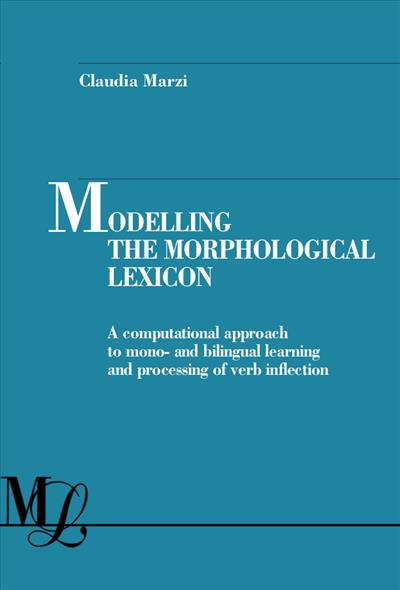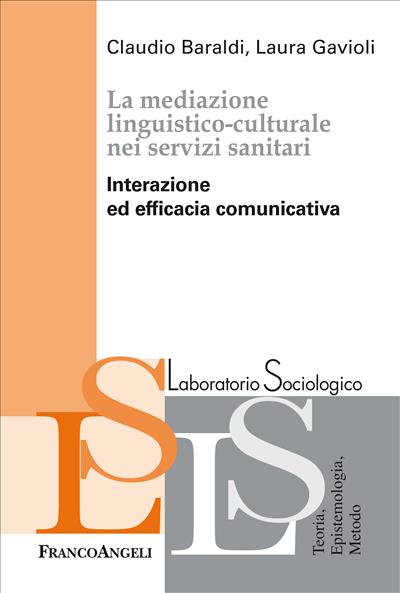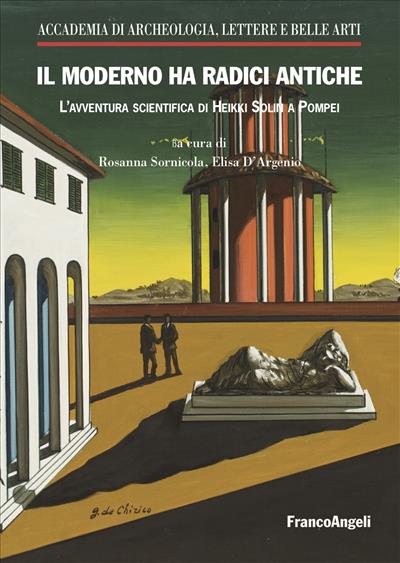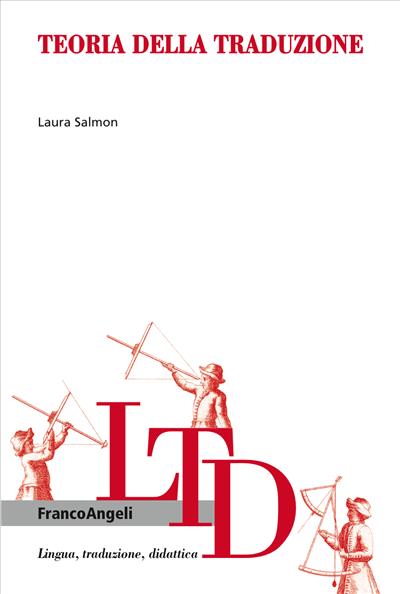
Modelling the morphological lexicon
A computational approach to mono- and bilingual learning and processing of verb inflection
The volume deals with an explanatory model of the morphological lexicon as a dynamic system of word learning and processing in both mono- and bi-lingual contexts. Some relevant aspects of the paradigmatic organisation of the mental lexicon are explored, in an interdisciplinary approach to lexical acquisition that combines theoretically-motivated accounts, psycho-cognitive evidence and methodologies, and machine learning technologies.
Pagine: 178
ISBN: 9788835135487
Edizione: 1a edizione 2021
Codice editore: 1095.82
Disponibilità: Discreta
Pagine: 178
ISBN: 9788835133964
Edizione:1a edizione 2021
Codice editore: 1095.82
Possibilità di stampa: No
Possibilità di copia: No
Possibilità di annotazione: No
Formato: PDF con DRM Readium LCP
Pagine: 178
ISBN: 9788835133971
Edizione:1a edizione 2021
Codice editore: 1095.82
Possibilità di stampa: No
Possibilità di copia: No
Possibilità di annotazione: Sì
Formato: ePub con DRM Readium LCP




